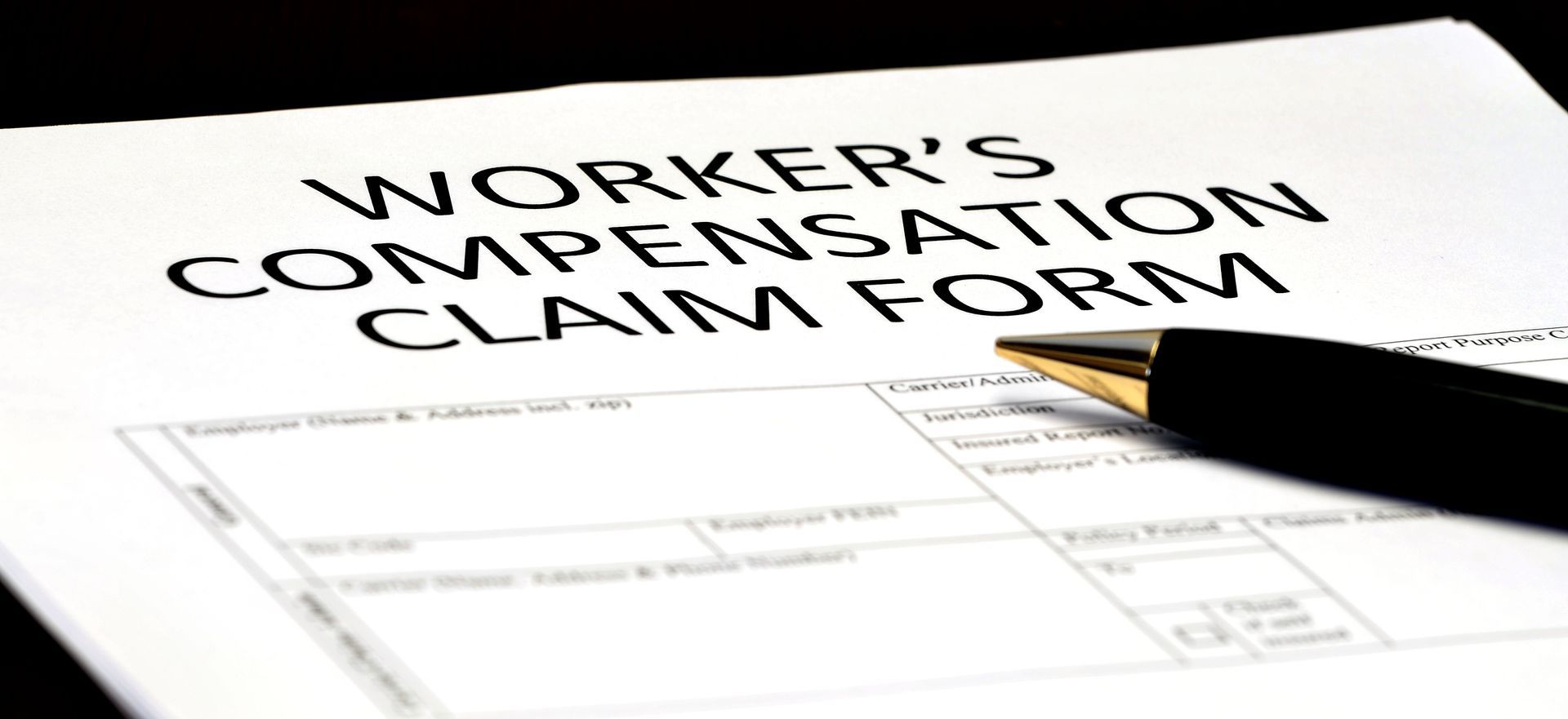Can My Employer Retaliate From A Workers Comp Claim
Finder Law Serves Clients Across Jefferson City, Columbia, and Central Missouri
Workers’ compensation is a vital protection for employees who are injured on the job. In Missouri, employees who sustain injuries in the workplace are generally entitled to compensation for medical expenses, lost wages, and rehabilitation. However, many employees wonder whether filing a workers' compensation claim could result in retaliation from their employer. In this blog post, we’ll discuss the legal protections available to workers in Missouri against retaliation after filing a workers' compensation claim and what steps employees can take if they believe they’ve been retaliated against.
What is Retaliation in the Context of Workers’ Compensation?
Retaliation occurs when an employer takes adverse action against an employee for engaging in a protected activity, such as filing a workers' compensation claim. Adverse actions may include things like:
- Termination
- Demotion
- Reduction in pay or hours
- Harassment or mistreatment
- Disciplinary action or unfavorable performance evaluations
Employees are legally protected from retaliation under both Missouri law and federal law, which aim to ensure that employees can seek the benefits they are entitled to without fear of losing their job or facing other negative consequences.
Missouri Workers' Compensation Law and Retaliation
Under Missouri law, workers' compensation is a no-fault system. This means that employees who are injured on the job don’t need to prove that their employer was negligent to receive benefits. In exchange, employees give up the right to sue their employer for personal injury. However, this does not mean that employees give up all rights, particularly when it comes to protecting themselves from retaliation.
Missouri law specifically prohibits employers from retaliating against employees for filing a workers’ compensation claim. According to Missouri Revised Statutes Section 287.780, it is illegal for an employer to fire, threaten, or otherwise retaliate against an employee for filing a workers' compensation claim or for testifying in a workers' compensation proceeding. The law states that an employee’s decision to file a claim or participate in a workers’ compensation case is a protected activity.
How Can Employees Prove Retaliation?
If an employee suspects that their employer has retaliated against them for filing a workers’ compensation claim, they must demonstrate that the employer's action was directly linked to the claim. While retaliation can be difficult to prove, employees may use the following types of evidence to support their claim:
- Timing of the Adverse Action: If an employer takes adverse action (such as termination or demotion) shortly after an employee files a workers' compensation claim, the timing may suggest retaliation. While timing alone may not be enough to prove retaliation, it can be an important factor in building the case.
- Comparative Evidence: Employees may also demonstrate that others who did not file a workers' compensation claim or who did not have any similar issues were not subject to the same adverse action. For example, if an employee who filed a claim is suddenly demoted, but other employees in similar situations were not, this may suggest retaliation.
- Statements or Documentation: Statements made by the employer or management that show hostility toward the workers' compensation claim can be strong evidence of retaliation. Documentation such as emails, memos, or performance evaluations that specifically reference the claim or injury may also be useful.
- Changes in Job Conditions: If an employee’s job conditions change drastically after filing a workers' compensation claim, such as being assigned to less favorable tasks or being placed on leave, this can be an indication of retaliation.
What Are the Legal Protections for Employees?
If an employee believes they have been retaliated against for filing a workers' compensation claim in Missouri, they have legal recourse. Employees can file a retaliation lawsuit against their employer for wrongful termination or other forms of retaliation. In these cases, the employee can seek remedies such as:
- Reinstatement to their position
- Back pay (for lost wages)
- Compensation for emotional distress or other damages
- Attorneys' fees and costs associated with the retaliation claim
Additionally, an employee may file a complaint with the Missouri Division of Workers’ Compensation. The division handles workers' compensation claims and can investigate complaints of retaliation. While the Division may not directly intervene in retaliation cases, an employee can seek advice and resources from the agency for the next steps.
Can an Employer Defend Against a Retaliation Claim?
Employers can defend against a retaliation claim by proving that the adverse action taken was based on legitimate, non-retaliatory reasons. For example, an employer may argue that an employee was terminated for poor performance, business reasons, or violations of company policies unrelated to the workers' compensation claim. If the employer can provide clear evidence that the action taken was unrelated to the claim, it may defeat the retaliation claim.
However, employers cannot simply use these defenses without showing concrete evidence. If the employee can establish that the real reason for the adverse action was the filing of the claim, the defense will likely fail.
Steps to Take If You Believe You’re a Victim of Retaliation
If you believe your employer has retaliated against you for filing a workers' compensation claim, it’s important to take action promptly. Here are the steps you should follow:
- Document Everything: Keep detailed records of the adverse actions taken by your employer, including dates, times, and any communications related to your workers' compensation claim and your job. Collect emails, performance reviews, and any other documents that might show retaliation.
- Consult with an Attorney: Consult with an experienced workers' compensation attorney or employment lawyer who can help you understand your rights and determine the best course of action. An attorney can help you gather evidence, evaluate your claim, and file a lawsuit if necessary.
- File a Complaint: If you believe your employer’s actions were retaliatory, you may file a complaint with the Missouri Division of Workers’ Compensation or the Equal Employment Opportunity Commission (EEOC) if you suspect other violations of employment law occurred alongside retaliation.
- Consider Legal Action: In some cases, legal action may be necessary to resolve the retaliation claim. If you have been terminated or otherwise retaliated against for filing a workers’ compensation claim, an experienced attorney can help you pursue a lawsuit for wrongful termination or retaliation.
Conclusion
Retaliation for filing a workers' compensation claim is illegal in Missouri. Employees have the right to seek workers' compensation benefits without the fear of being punished or discriminated against by their employer. If you believe you’ve been retaliated against for filing a workers' compensation claim, it’s crucial to seek legal advice to protect your rights and hold your employer accountable.
If you are facing retaliation in the workplace, contact our office for a consultation. Daniel Finder at Finder Law, LLC has over a decade of experience in worker’s compensation law and fight for your fair treatment. We’re here to help you navigate your rights and ensure you receive the compensation and protection you deserve.












